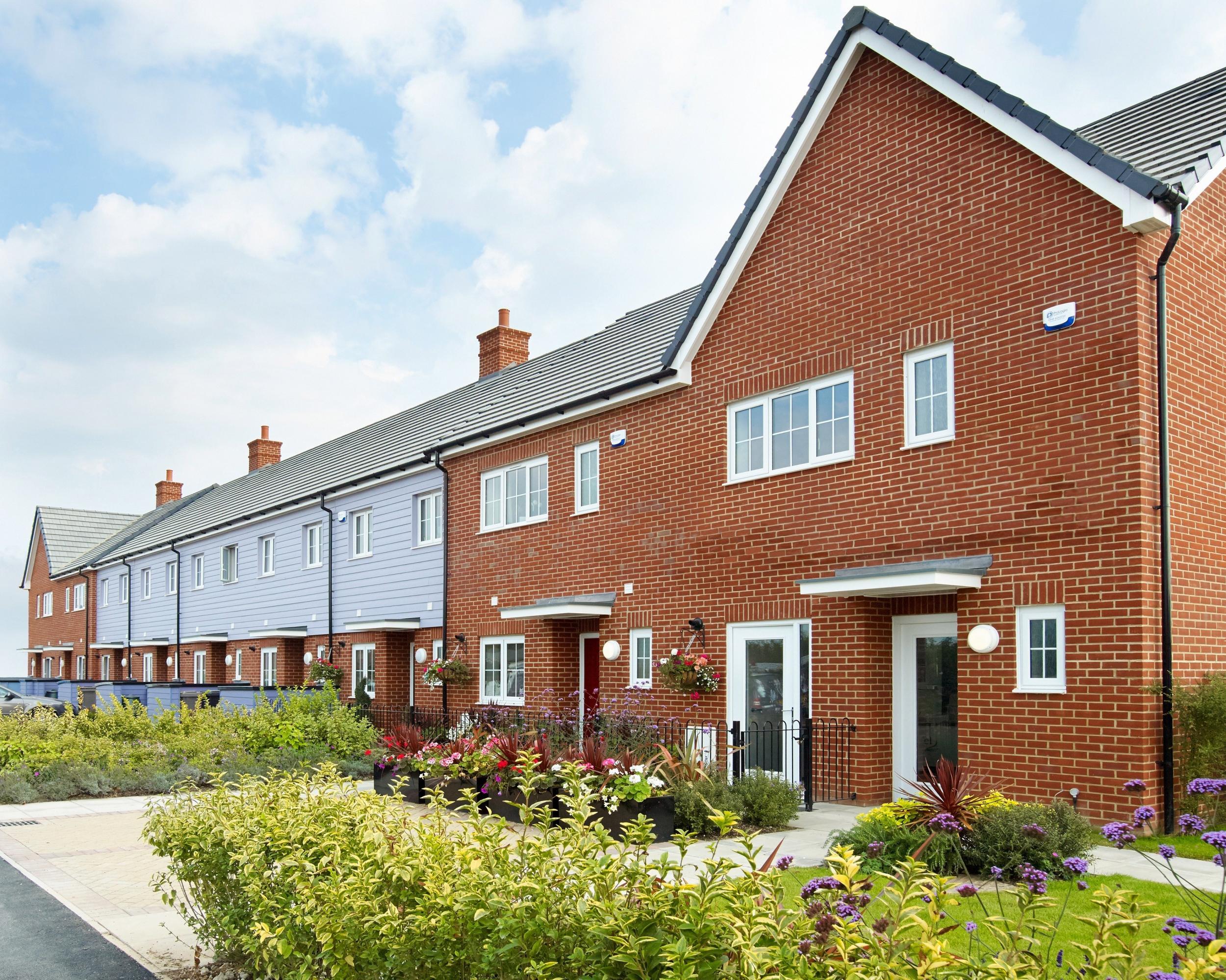House prices and who to blame for their runaway rise
The average Briton would need to borrow 6.6 times earnings to buy the average house. The Government is at fault for the yawning affordability gap

Your support helps us to tell the story
From reproductive rights to climate change to Big Tech, The Independent is on the ground when the story is developing. Whether it's investigating the financials of Elon Musk's pro-Trump PAC or producing our latest documentary, 'The A Word', which shines a light on the American women fighting for reproductive rights, we know how important it is to parse out the facts from the messaging.
At such a critical moment in US history, we need reporters on the ground. Your donation allows us to keep sending journalists to speak to both sides of the story.
The Independent is trusted by Americans across the entire political spectrum. And unlike many other quality news outlets, we choose not to lock Americans out of our reporting and analysis with paywalls. We believe quality journalism should be available to everyone, paid for by those who can afford it.
Your support makes all the difference.House price growth migth be running at its slowest since January, according to the Nationwide Building Society, but buying a home was still 4.4 per cent more expensive in November 2016 than it was in November 2015.
At that rate of increase, prices are outpacing wage growth by quite some margin. According to the latest official figures, pay grew at 2.4 per cent, excluding bonuses, in October (when Nationwide said the cost of buying a home increased by 4.6 per cent against the previous year).
The average wage in the UK, again based on official figures from the Office for National Statistics, is £28,105 annually. To buy the average house – which costs £204,947 according to Nationwide’s figures – a person earning that amount would require a mortgage with an earnings multiple of 7.3 times, a figure no lender would be prepared to contemplate.
But, of course, I’m not including a deposit. So let’s assume our borrower had saved enough to put 10 per cent down, at £20,495 a not an inconsiderable sum.
That means our average Briton would need to borrow £184,452. To do that they would require a mortgage of, wait for it, 6.6 times their earnings.
Even in the crazy days before the financial crisis, when Northern Rock was running around offering 150 per cent mortgages, you would have struggled to get a home loan on that sort of multiple. Four times earnings, maybe five, or even five-and-a-half times if you were lucky. But not much more.
Now you wouldn’t stand a chance. The Bank of England, having looked at the way Northern Rock and some of the other banks had been carrying on, decided that enough was enough and imposed a crackdown.
Multiples these days are more conservative, and you have to fill out more forms than you’ll find pages in the average novel to prove that you can afford even a relatively modest home loan.
In other words, the average house is no longer affordable for the average Briton. Not even close. And remember, we’re just talking averages here. That £204,947 wouldn’t even buy you a shed in parts of London, where you almost have to be embarking on a career in banking to just get your hands on a studio flat.
Record low interest rates help a bit when it comes to affordability, but not enough to bridge the yawning gap between what most people earn and what most people are expected to pay if they want to buy their own home. The “property owning democracy” is dying.
At this point Ukippers, and others making up the UK’s equivalent of America’s noxious alt-right, will probably start banging on about immigration and how this situation has been created by too much of it. It hasn’t. The actual problem is created not by too many people but by too few houses for them to live in, and the Government’s abject failure to address the issue over a number of years.
This imbalance between supply and demand is what is pushing prices up at a far faster rate than wages. It will continue to do so even with the latter due to stagnate for the next decade (if the Institute for Fiscal Studies is even half right).
The TUC’s general secretary Frances O’Grady says young working families need sustained and substantial wage growth, and a lot more new homes at affordable prices.
Unfortunately, with Brexit looming, they’re going to struggle to get the first. However it is within the power of Government to address the second. Ms O’Grady describes the plans that have so far been announced as regards building new homes as “inadequate”. She’s right.
There is a clear and present need for a national housing strategy to address the situation, with input from ministers across several departments. It would also help (as I’ve said before) if the Government diverted resources away from the crazy policy of subsidising the sale of council houses, which reduces the stock of social housing, and put them into building new affordable homes for people to buy.
Join our commenting forum
Join thought-provoking conversations, follow other Independent readers and see their replies
Comments